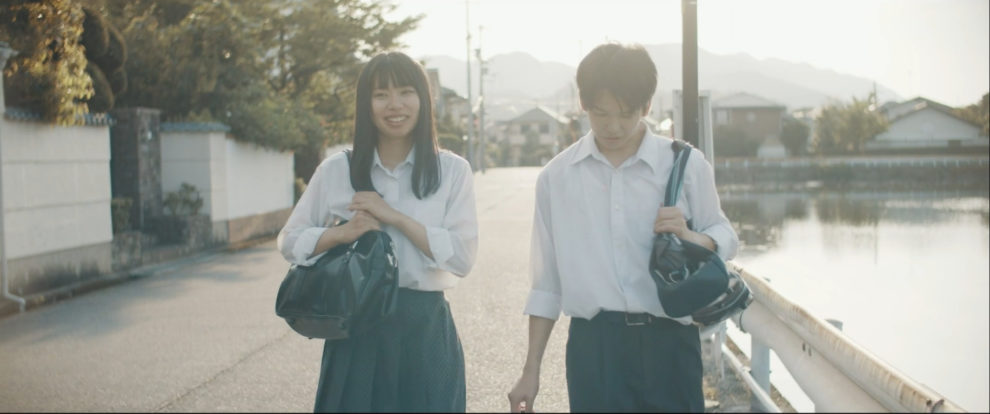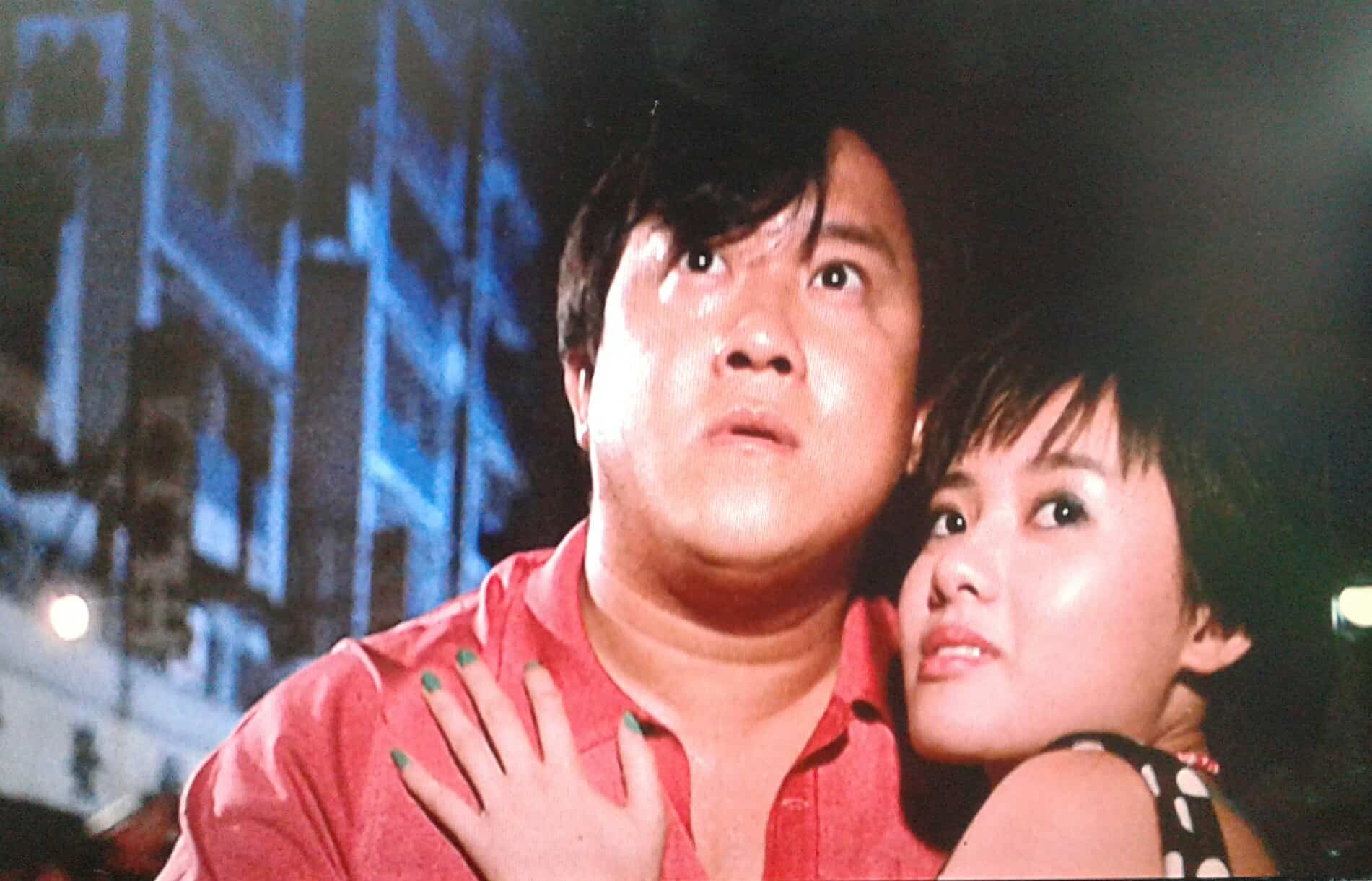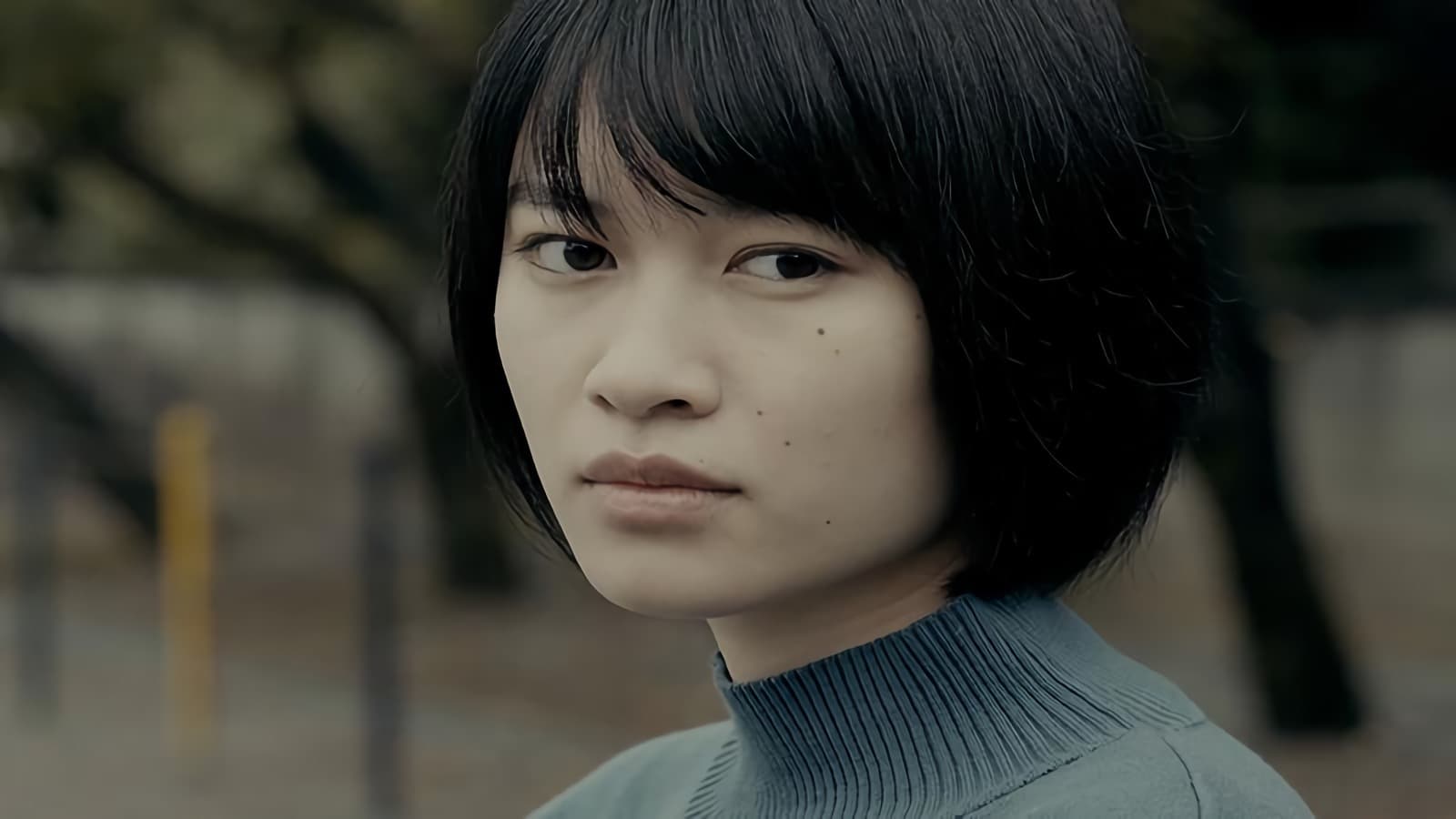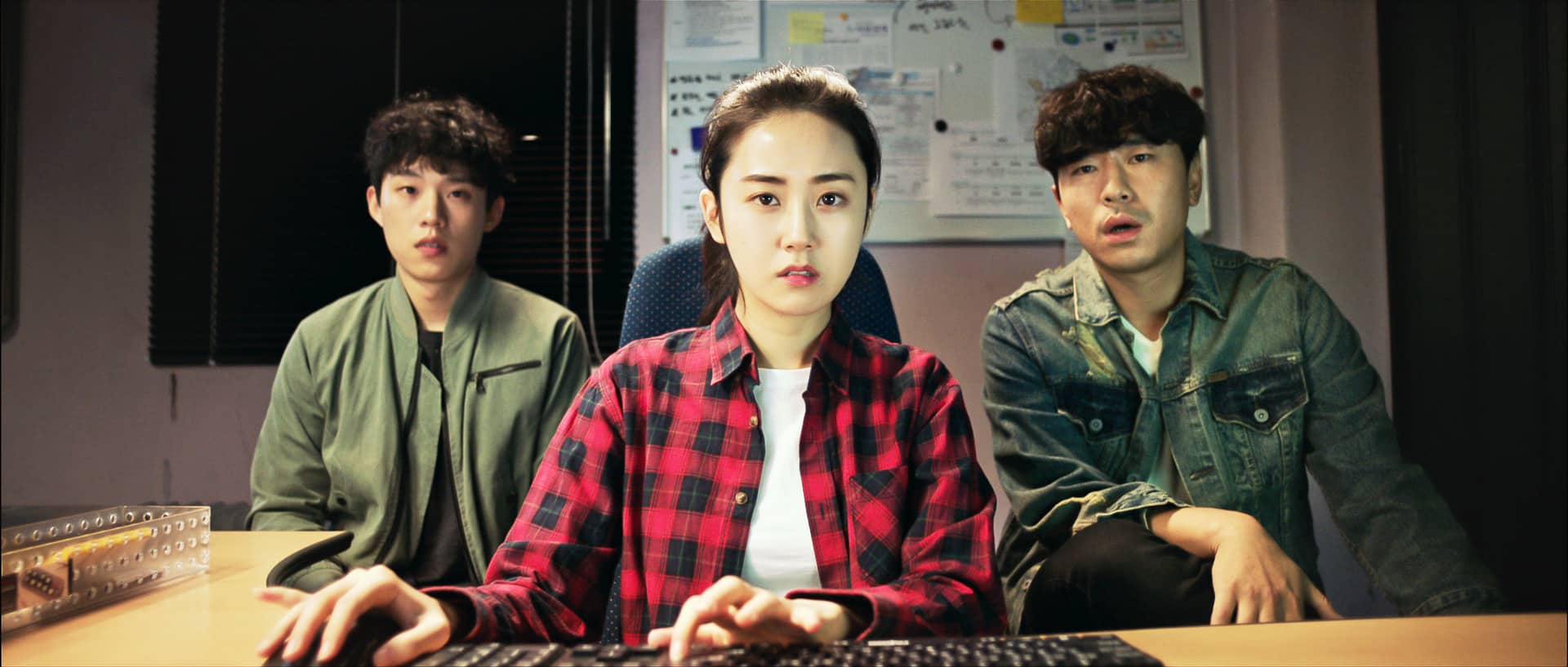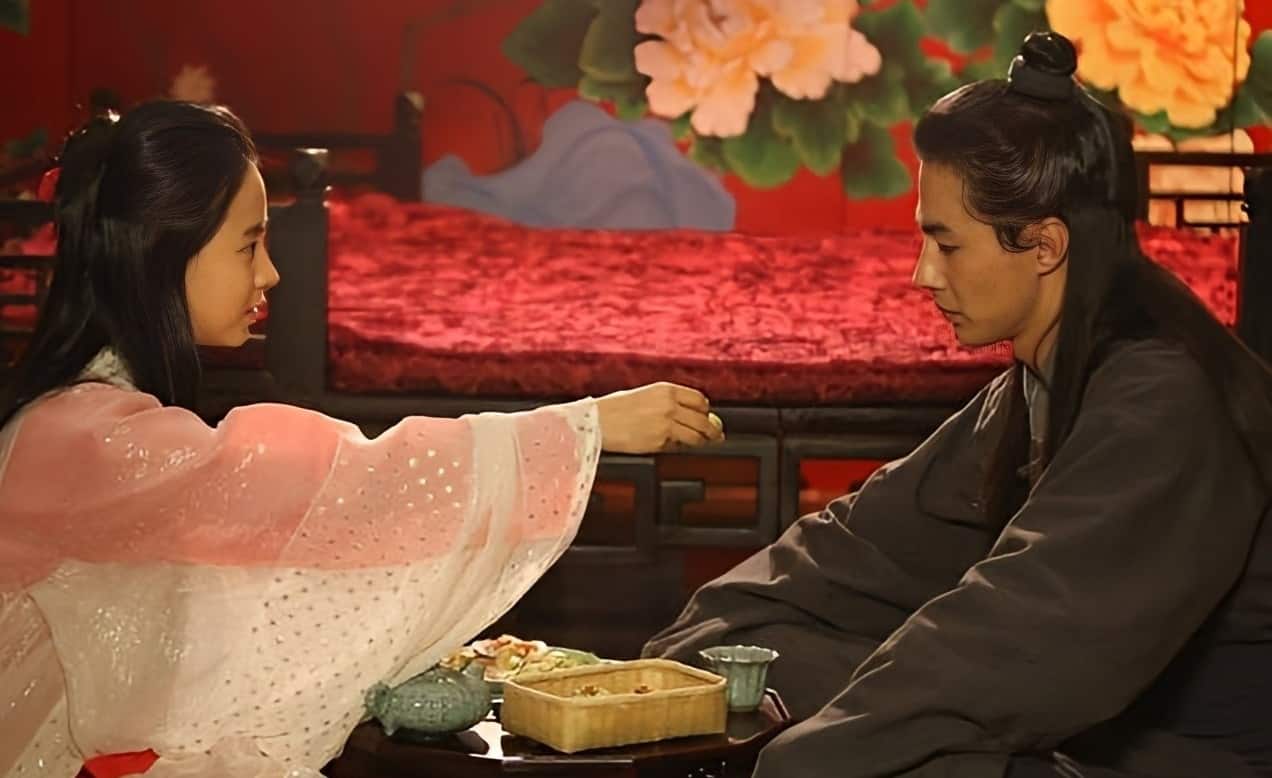Part of the 2020 PIA Film Festival, “Narumi” is a simple but interesting school drama, which goes a step beyond its basic premises to make a number of social comments, mostly through the two main characters, who are quirky in very different manners.
“Narumi” screened at the 42nd PIA Film Festival

Narumi is a high school girl who can't say no when classmates ask her for favors. Masato, a classmate, notices her attitude, and one day, he pulls her aside and confesses a rather embarrassing secret. He is fond of bras and would like Narumi to loan him one, so he can wear it. The girl is taken aback, but complies almost immediately, even giving the young man instructions on how to wear it without showing. As Masato asks more from her, she starts to feel attracted to him, but his mind seems to be solely focuses on cross-dressing. One night, Narumi decides to go for a walk without wearing a bra, in a series of events that both build and release tension, as much as showcase the real mentality of the two protagonists.
Rin Yabe takes this story of quirkiness and one-sided teenage romance, to present a film that, in the beginning, seems like one of those comedy dramas so frequently appearing in the Japanese indie scene. However, both the concept of the cross-dresser, and the fact that she does not use the easy option to present Masato as a homosexual, gives a whole other sense to the movie. Furthermore, the build up and overall presentation of both Narumi's feelings and Masato's growing infatuation with bras is rather well-presented, as Yabe looks at her protagonists with sensitivity.
The moment that Narumi is realizing what Masato is actually thinking is also greatly presented, with both Nanami Kakehashi and Ryusei Maeda's acting and chemistry finding one of its apogees here. The transition to what follows though, and particularly the incident with the old man on the street, seems a bit off, although it becomes obvious soon, that Yabe wanted to use the moment to justify Narumi's later reaction, in another quite impactful moment in the film. Furthermore, the concept of the bra, and what signifies for the two protagonists adds the most interesting, and also realistic comment of the film. For Masato, it signifies the freedom to wear what he wants, and also a means to satisfy his need of being looked at, while for Narumi, the slavery of what is expected from her, and essentially all women, to wear and look like in general.
As the story unfolds, it becomes evident that what the director wanted to say is that the inequality between men and women is so intense, that men could wear bras if they wanted, but under no circumstances are women “allowed” not to. This concept also justifies, to a point at least, Narumi's behavior, with the final scene functioning like a “breaking the chain” one or more accurately, “severing the bonds”.
Tetsu Nishioka's cinematography is serviceable, allowing the story to be the focus, although a number of interesting, peeking-like scenes do exist. Yabe's editing implements the usual, relatively slow pace of the Japanese indie drama, which suits the overall aesthetics here, quite nicely.
Rin Yabe has some good ideas and seems to know how to implement them in cinematic terms. However, it becomes obvious that she needed a bit more time to analyze her characters and particularly Narumi a bit better, as much as for the transitional event not to be so abrupt. It would be good to see what she can do with a feature in her hands.


